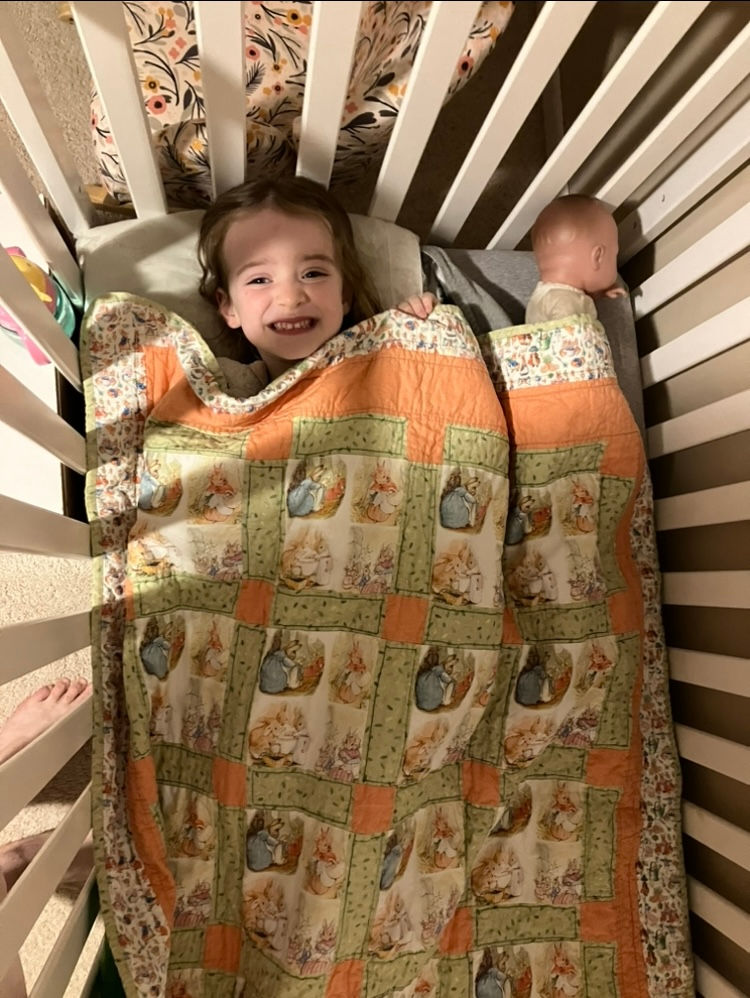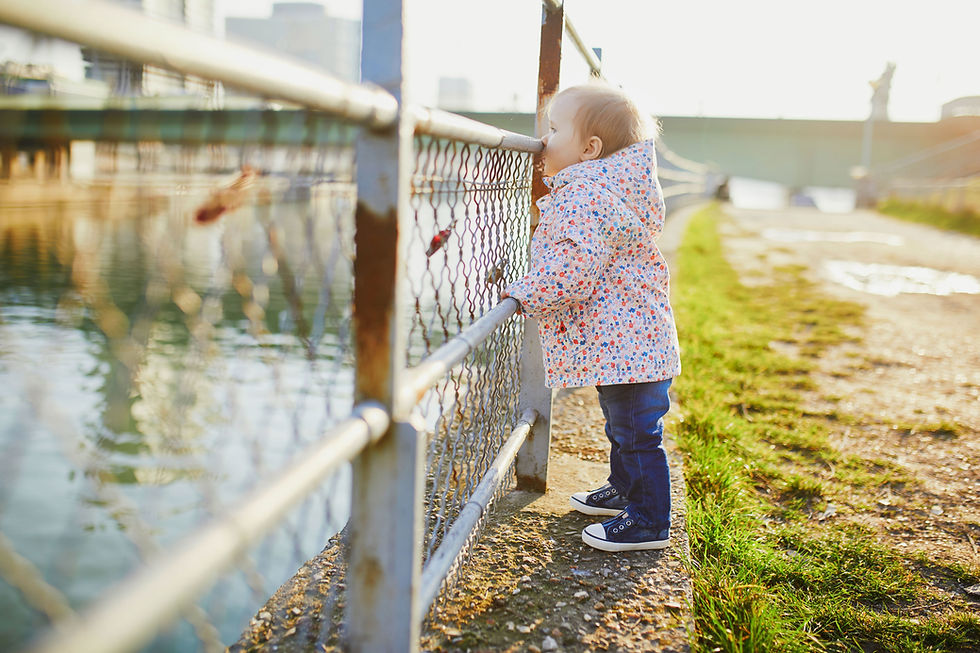When Infant & Toddler Behavior Patterns Throw us for a Loop
- nkdevall
- Dec 18, 2024
- 2 min read
Updated: Feb 2, 2025
Infants and toddlers are very in tune with our emotions and changes to their normal routine. This is often evident in the way their daily patterns of sleeping, eating and behavior change, sometimes quite suddenly. Don’t misunderstand, development plays a huge role in the fluctuations of these patterns as well, but it can be easy to downplay the role of the parent’s emotions and the environment when trying to decipher what seemingly “went wrong”. Too often we can be quick to change our children’s routines, thinking that it no longer works, when we should be pausing and digging deeper into the true cause of the change in behavior. Most of the time, this requires slowing down, observing, and riding the wave to see what happens over time.
What does this look like practically?
For example, if your child suddenly stops napping consistently, instead of assuming they no longer need naps, continue to offer naps at the predictable time with their predictable nap routine (whether they choose to sleep or not) and keep track of what happens over the course of a week. Look also at your life and take note of any changes or areas of added stress that could be playing a factor.
In addition to developmental changes, here are some other common changes/ areas of added stress that impact infant and toddler behavior:
Travel
Illness
Preparing for a developmental leap
Guests in the home
Change in parent’s typical routine
Divorce or separation in the family
New sibling added or expected
Death
Moving
Holiday
Etc.
Be slow to change the routine and quick to pause and observe. Young children thrive on predictability and consistency and will cling to the familiar when something is out of balance. When the stressor is no longer there, or the developmental leap has come and gone, you might notice your child’s behavior goes back to what it once was. Ride the wave. Just ride the wave.
-01_edited.png)



Comments